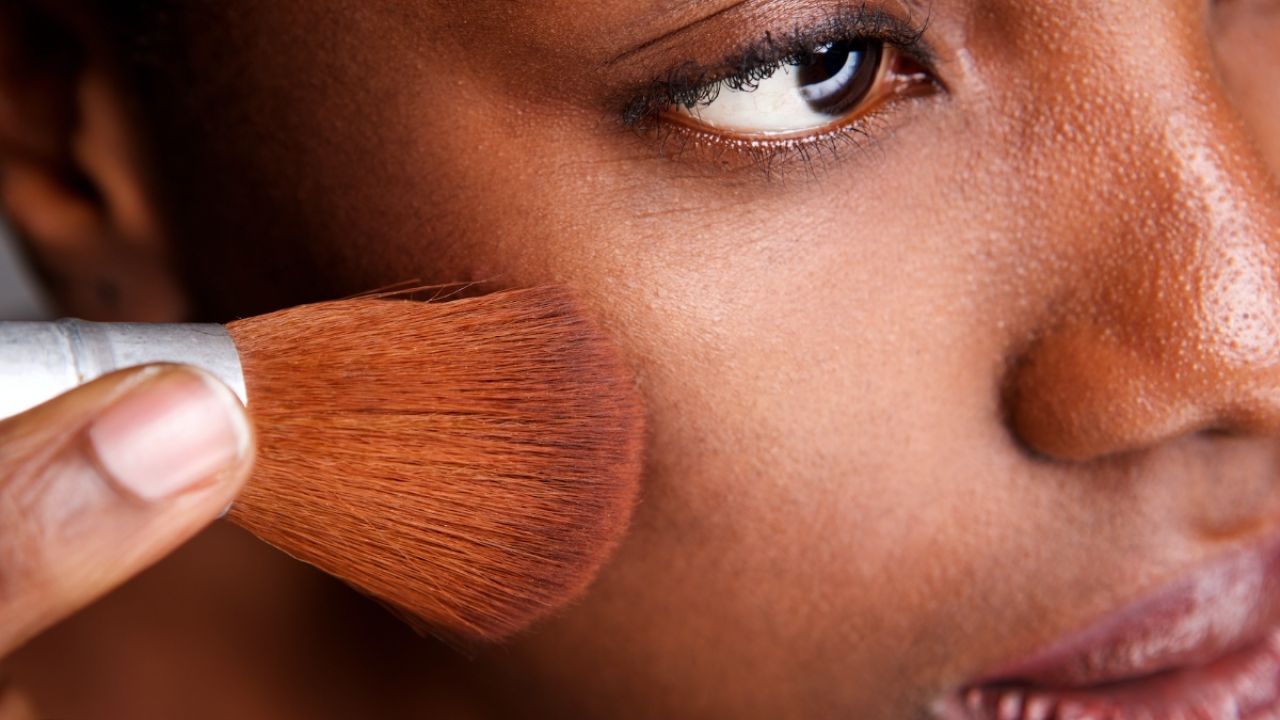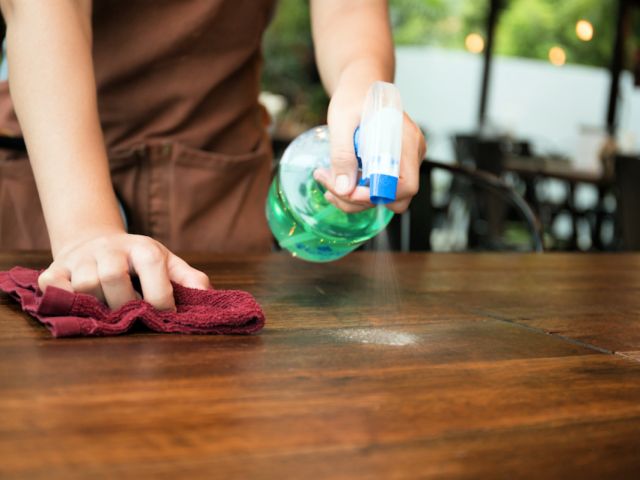
A notoriously hazardous cosmetic ingredient now has another black mark on its record: Butylparaben – a hormone-disrupting chemical used as a preservative in personal care products and linked to cancer, sperm damage and environmental harm – was recently classified by the European Chemicals Agency as a substance of very high concern.
The agency, known as ECHA, could not identify a safe level of exposure to butylparaben. Once chemicals are classified as substances of very high concern, they are placed on the so-called Candidate List, and ECHA says “our aim is to gradually phase them out.”
For years, EWG has called for the removal from cosmetics of long-chain parabens, including butylparaben. Under mounting public pressure, led in part by EWG, many cosmetic manufacturers have taken steps to remove the concerning parabens from their products.
But pleas to the federal Food and Drug Administration have fallen on deaf ears, and butylparaben is still found in products on store shelves. There are 174 products that contain butylparaben in EWG’s Skin Deep® cosmetics database, a free resource that scores personal care product safety based on the hazards associated with their ingredients. It is continually updated with new products and ingredients.
ECHA’s move to classify butylparaben as a substance of very high concern is a step toward protecting European consumers. But it does not go far enough and does not affect products sold in the U.S.
Classification as a substance of very high concern does not mean a substance is immediately banned. Rather, it requires chemical manufacturers in the European Union to provide information about safe use until ECHA reviews the chemical further, particularly if the substance exceeds 0.1 percent in a product. But this does not solve the problem of parabens, because they are used in personal care products at concentrations of less than 0.1 percent.
Animal studies have found that butylparaben harms male fertility, even at the lowest exposure levels tested. EWG recommends the U.S. and EU take decisive action to safeguard public health by banning long-chain parabens in personal care products and other consumer goods.
In the meantime, consumers should use Skin Deep or EWG’s Healthy Living app to choose products free from long-chain parabens – butyl-, propyl-, isobutyl- and isopropylparaben – to protect themselves and the environment. Products that bear EWG’s VERIFIED™ mark are also an excellent choice: They meet EWG’s strictest standards for health and transparency, so they are free from hundreds of hazardous ingredients, including long-chain parabens.
Three other chemicals were included in the recent update to the Candidate List: 1-vinylimidazole, 2-methylimidazole and dibutylbis(pentane-2,4-dionato-O,O')tin, used in the production of polymers, coating products and plastics.



